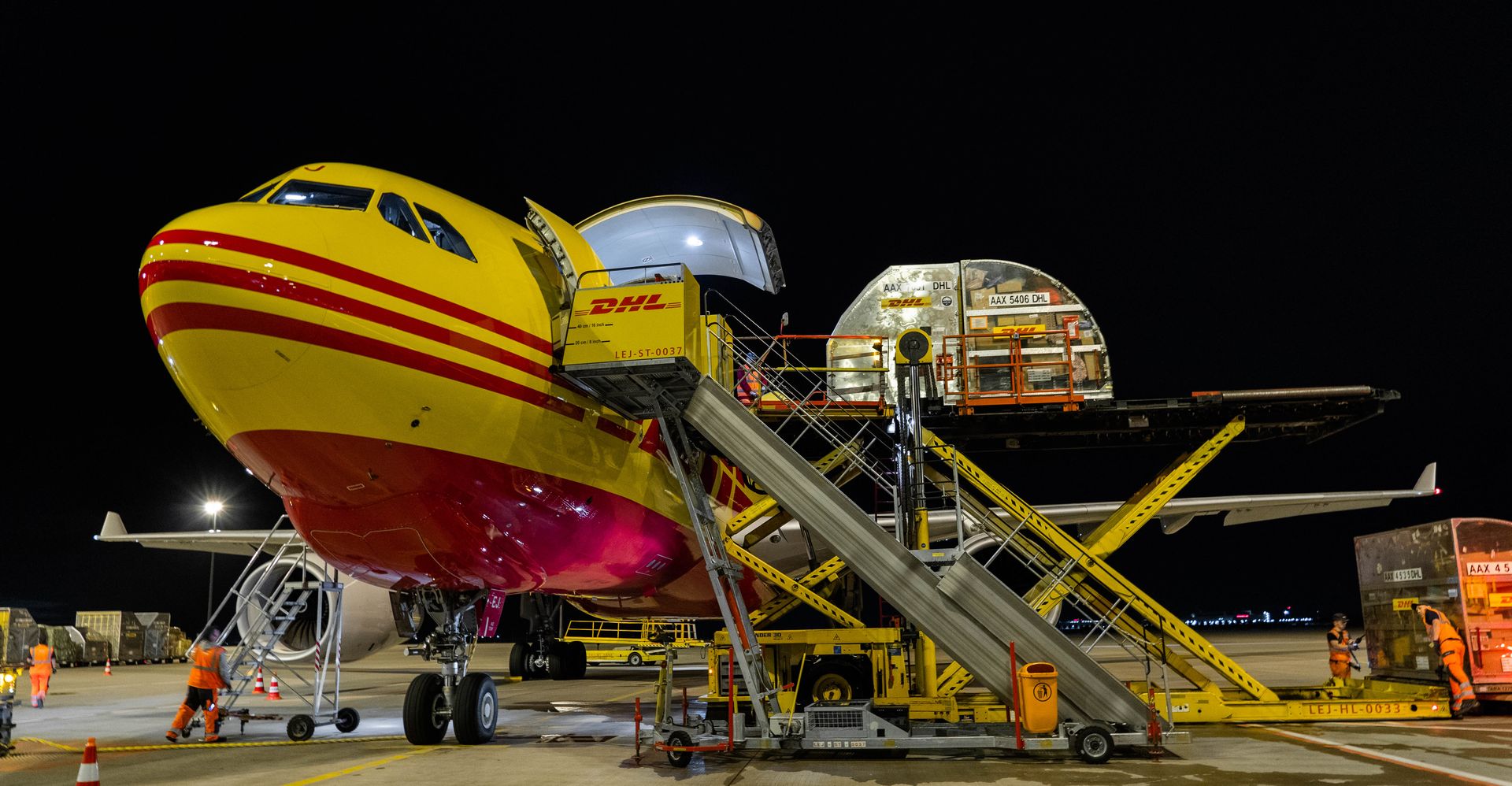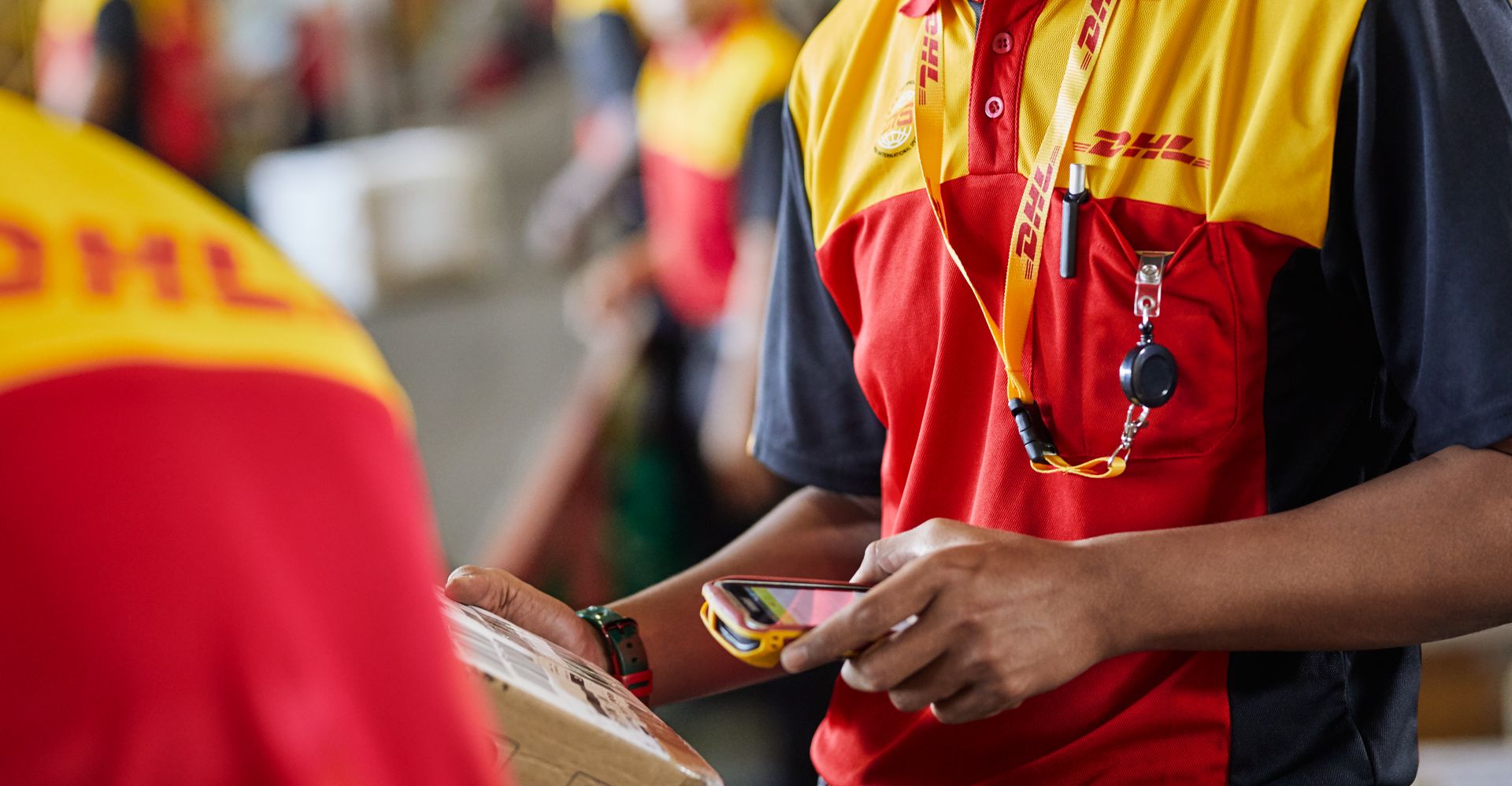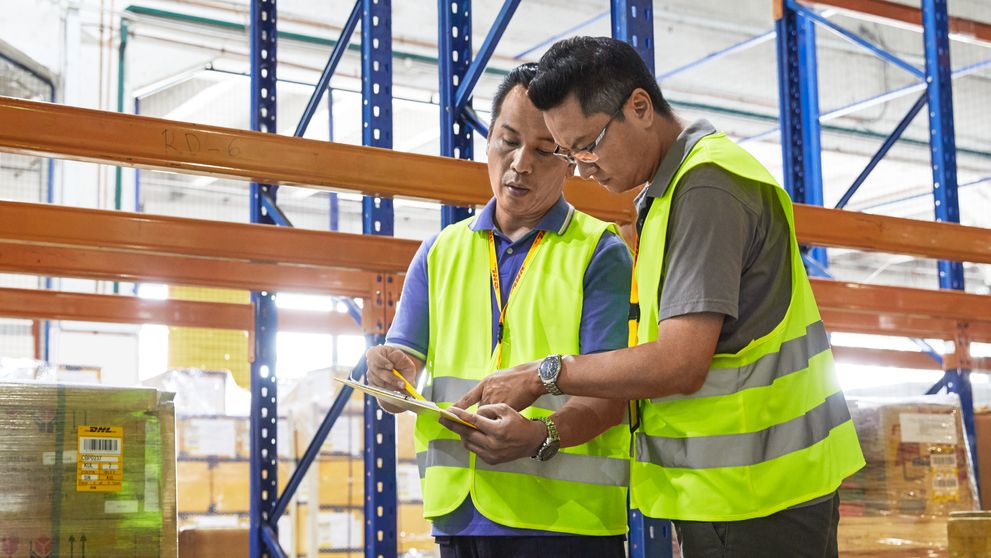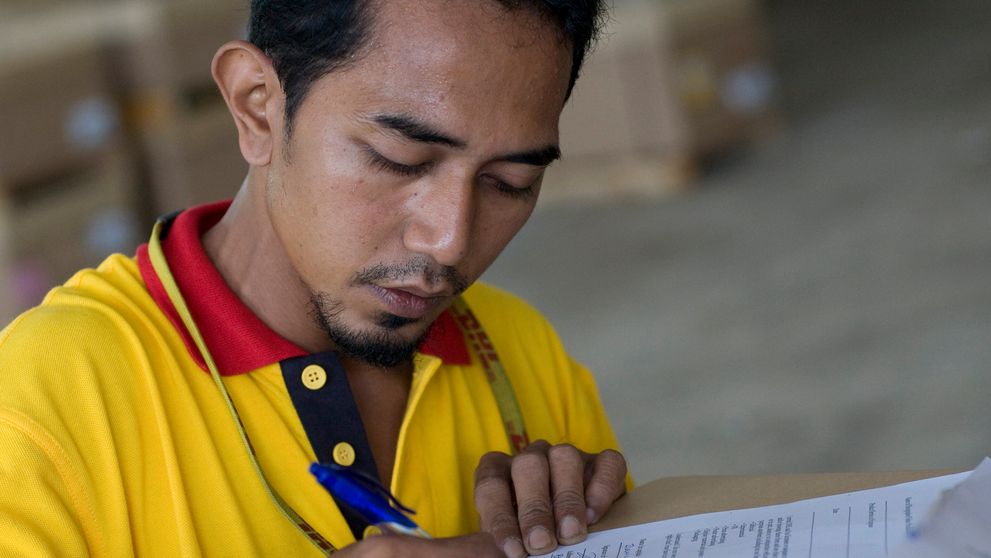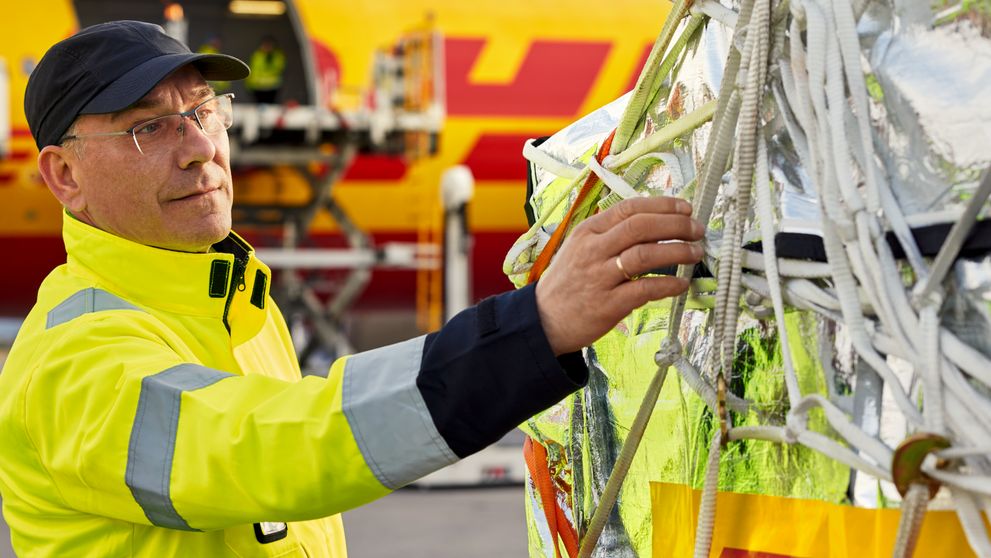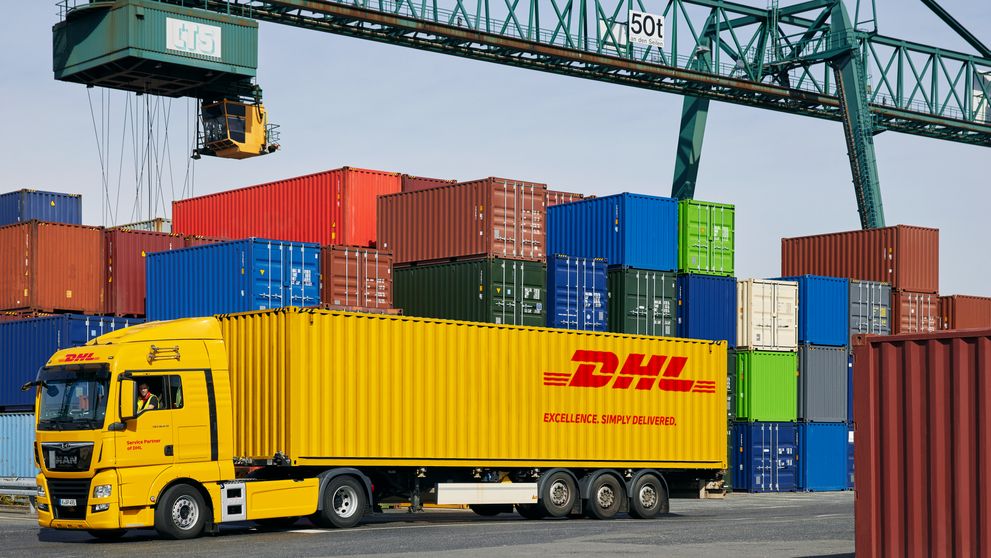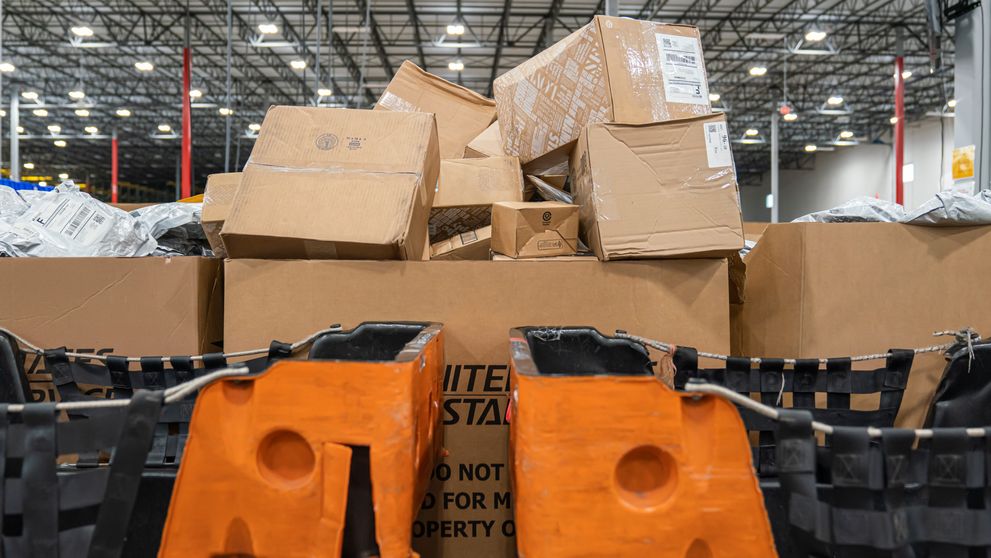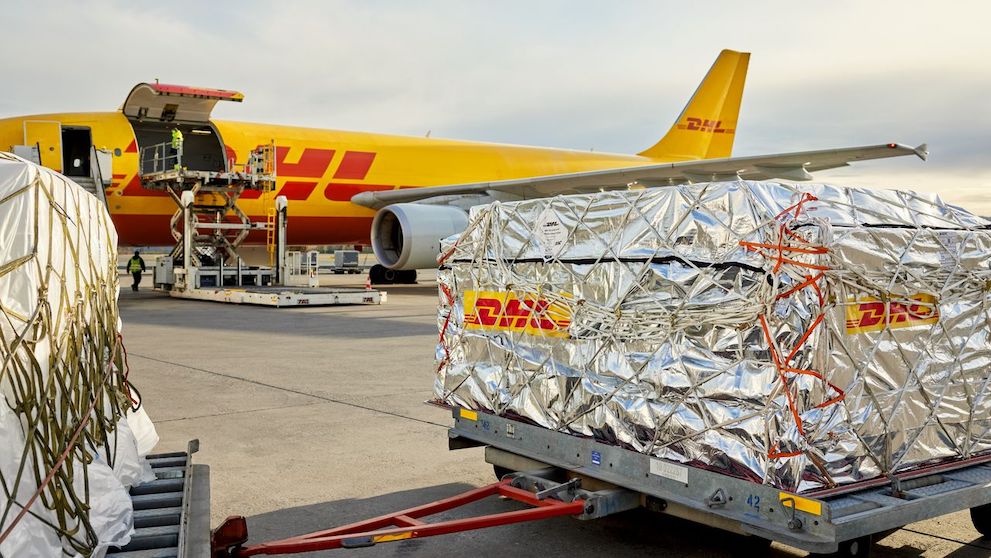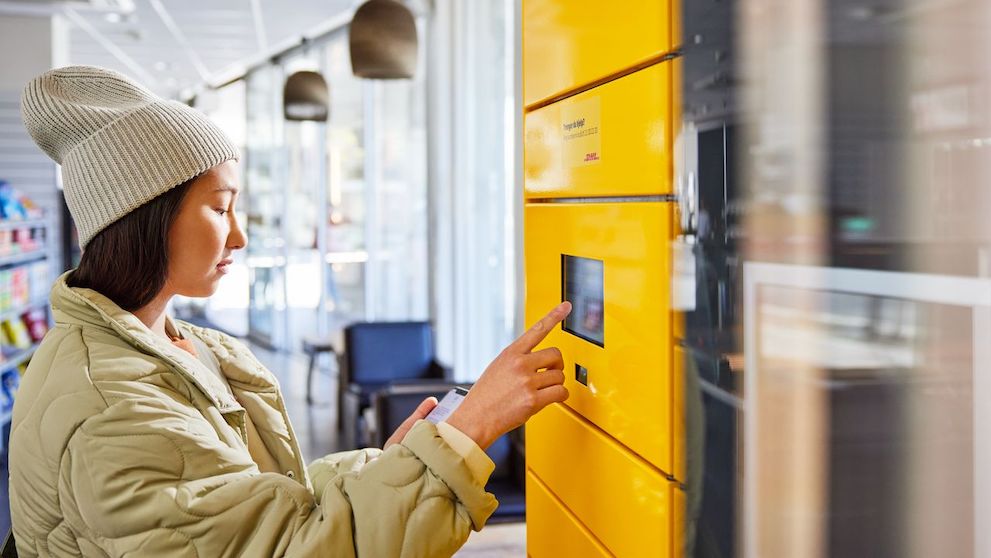Sebagai ekonomi terbesar kedua di Asia Tenggara setelah Indonesia, Thailand secara tradisional menarik bagi investor dan bisnis di seluruh dunia. Daya tarik negara ini semakin diperkuat oleh berbagai kebijakan dan inisiatif ramah investor yang diperkenalkan oleh pemerintah Thailand. Ini termasuk rencana untuk mendirikan zona perdagangan bebas di Koridor Ekonomi Timur (Eastern Economic Corridor, EEC) dan pengembangan sistem logistik lokal yang sedang berlangsung. Dengan proyek-proyek ini digerakkan, ini menciptakan iklim bisnis yang lebih menarik dengan banyak peluang menarik bagi organisasi yang ingin memperluas pasar untuk produk mereka. Untuk membantu perusahaan Anda memanfaatkan peluang ini dan mengekspor barang Anda ke Thailand dengan lancar, artikel di bawah ini mencakup peraturan kepabeanan, tarif, dan prosedur deklarasi penting yang harus Anda perhatikan dalam artikel ini.
Kategori barang yang dikenakan pajak oleh Bea dan Cukai di Thailand
Saat Anda mengirim paket ke pelanggan Anda di Thailand, berbagai hal perlu diperhatikan untuk memastikan kelancaran transaksi. Salah satu pertimbangan paling penting adalah pajak impor dan bea masuk di Thailand. Kegagalan untuk membayar jumlah pajak atau bea masuk yang benar dapat mengakibatkan keterlambatan proses clearance Bea dan Cukai, penalti, atau bahkan penyitaan barang. Mengingat potensi komplikasi, sangat penting untuk memiliki pemahaman yang baik tentang pajak dan bea masuk untuk menghindari kejutan yang tidak diinginkan. Impor dapat diklasifikasikan dalam tiga kategori, di mana dua di antaranya dikenakan bea masuk dan pajak impor.
1. Kategori 1: impor dan sampel bernilai tidak lebih dari THB1.500.
Kategori 1 meliputi:
- Komoditas yang diimpor melalui pos dengan total nilai pabean, biaya pengiriman, dan asuransi tidak melebihi THB1.500.
- Sampel tanpa nilai komersial yang hanya akan digunakan untuk pameran.
2. Kategori 2: impor senilai di bawah THB40.000
Kategori 2 terdiri dari komoditas yang dikirim pengirim melalui pos internasional. Barang-barang ini memiliki nilai free on board (FOB) di bawah THB40.000, terlepas dari jumlah paketnya. Penerima harus membayar bea masuk dan pajak impor untuk barang-barang ini kepada otoritas yang berwenang di Thailand.
3. Kategori 3: semua impor lainnya
Semua impor lain yang tidak termasuk dalam dua kategori pertama akan termasuk dalam Kategori 3, yang selanjutnya dibagi menjadi dua kelas:
- Barang dengan total nilai FOB melebihi THB40.000: Deklarasi impor elektronik harus diserahkan ke Sistem Elektronik Bea Cukai Thailand.
- Barang dengan nilai FOB di bawah THB40.000: Deklarasi impor elektronik tidak diperlukan, dan nilai pabean, bea masuk dan pajak akan dihitung oleh Bea dan Cukai.
Pajak impor dan bea masuk di Thailand
Importir dikenakan pajak pertambahan nilai (PPN) sebesar 7% di Thailand, yang akan dipungut oleh Bea dan Cukai Thailand pada saat impor. Tarif impor yang dikenakan sesuai dengan Nomenklatur Tarif Harmonisasi (AHTN) Perhimpunan Bangsa-Bangsa Asia Tenggara (ASEAN) 2022. Sementara itu, bea masuk yang dikenakan didasarkan pada tarif tertentu atau ad valorem, tergantung mana yang lebih tinggi, dan dapat berkisar antara 0% dan 80%. Namun, bea masuk ini dibebaskan untuk barang-barang tertentu yang diatur dalam Keputusan Tarif Pabean (Customs Tariff Decree). Untuk barang dan jasa tertentu yang termasuk dalam barang mewah, akan dikenakan pajak cukai . Ini termasuk parfum dan kosmetik, rokok atau sepeda motor, yang memiliki tingkat ad valorem hingga 42%.
Untungnya, pedagang memiliki opsi tambahan untuk membuat pelanggan membayar bea masuk dan pajak ini. Ada juga beberapa perjanjian perdagangan yang dapat dimanfaatkan oleh perusahaan Anda. Misalnya, organisasi Anda dapat memperoleh manfaat dari Kemitraan Ekonomi Komprehensif Regional (Regional Comprehensive Economic Partnership, RCEP), yang bertujuan untuk menghapus 92% tarif pada komoditas yang diperdagangkan di antara negara-negara anggotanya. Beberapa inisiatif lain yang dapat diperoleh bisnis Anda termasuk perjanjian Kawasan Perdagangan Bebas Asia Pasifik (Free Trade Area of the Asia Pacific, FTAAP). Jadi, selalu akan lebih baik untuk memeriksa situs web Bea dan Cukai sebelum Anda mengirimkan barang ke Thailand.
Aturan Bea dan Cukai Thailand
Untuk memastikan pengalaman proses clearance Bea dan Cukai yang lancar, bisnis juga akan mendapatkan keuntungan dari memeriksa produk mereka dengan daftar barang yang dilarang oleh Bea dan Cukai Thailand. Ini membantu mencegah situasi di mana pihak berwenang menyita barang. Selain itu, perusahaan juga harus memperhatikan persyaratan khusus dan izin wajib untuk pengiriman barang terbatas dari Indonesia ke Thailand. Misalnya, jika Anda mengirim alkohol, volume maksimum yang dapat diimpor adalah satu liter, dan diperlukan izin dari Departemen Cukai Thailand (Excise Department of Thailand). Sementara itu, impor rokok dibatasi 200 batang, 250g tembakau atau 250g dari semua varian digabungkan. Jika Anda berniat mengirim paket berisi cairan ke Thailand, ada juga pedoman ketat tentang persyaratan pengepakan dan metode pengiriman. Dengan memastikan Anda mematuhi peraturan Kepabeanan dan persyaratan pengiriman ini, Anda dapat meminimalkan kemungkinan penundaan pengiriman atau penalti yang mahal.
Dokumen yang diperlukan oleh Bea dan Cukai Thailand
Mungkin yang paling penting, perusahaan harus memastikan bahwa semua dokumen yang diperlukan oleh Bea dan Cukai Thailand diisi secara akurat dan diajukan ke pihak berwenang. Biasanya, dokumen-dokumen ini meliputi:
- Formulir entri impor kepabeanan (Customs import entry form)
- Faktur komersial (Commercial invoice)
- Bill of lading
- Daftar kemasan (Packing list)
Demikian pula, ada beberapa dokumen ekspor yang diperlukan oleh otoritas berwenang di Indonesia, dan otoritas di kedua negara mungkin memerlukan formulir dan surat khusus untuk produk tertentu. Oleh karena itu, selalu merupakan praktik yang baik untuk memeriksa persyaratan sebelum pengiriman.


